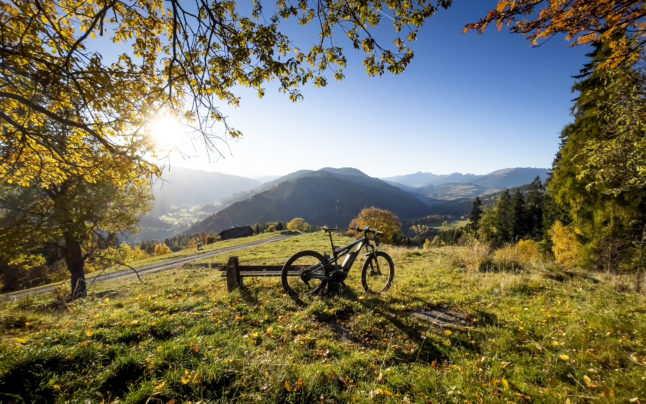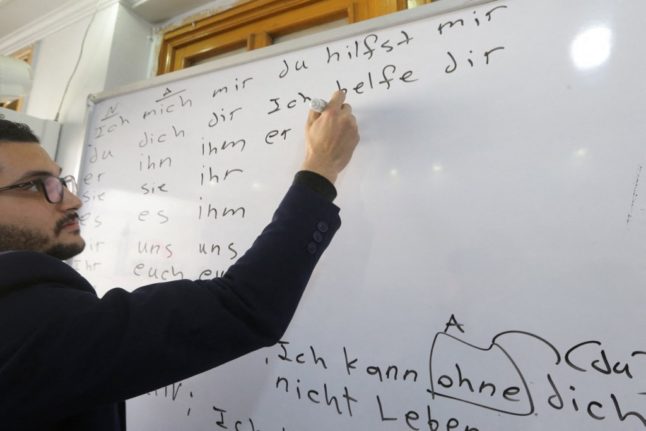1. (die) Sommersprossen
The German word for ‘freckles’, translates literally as “summer sprouts”, as these little spots start to appear on many people’s faces as soon as the sun begins to shine in spring and summer.
To help protect against sunburn, it’s important to use a lot of sunscreen during warm summer days in Austria. Thanks to the magic of German separable verbs, there is a specific word for applying creme to the skin – eincremen – which can also be used to talk about applying sun lotion.
Examples:
Den gesamten Körper vor dem Aufenthalt in der Sonne eincremen
Apply creme to the entire body before sun exposure.
Einmal eincremen reicht nicht, um die Haut einen ganzen Tag lang vor Sonne zu schützen.
It’s not enough to apply sun cream just once to protect the skin from the sun for a whole day.
3. (die) Hundstage
‘Dog days’ are colloquially referred to in Europe as the hottest period in summer from July 23rd to August 23rd.
The term ‘dog days’ dates back to the 14th century and was originally associated with the first appearance of the star Sirius of the “Great Dog” constellation. However, due to the changing position of the Earth’s axis, the time period has shifted by about four weeks.
Nevertheless, you’ll still hear people referring to the “Hundstage.”
4. eisgekühlt
There’s nothing better than cooling off with a refreshing, ice-cold drink on a hot summer day, so make sure to use this word at the beach bar to specify that you want your drinks at a near-zero temperature!
Examples:
Das Kokoswasser schmeckt am besten eisgekühlt.
The coconut water tastes best ice-cold.
5. (die) Waldbrandstufe
The Waldbrandstufe – meaning forest fire level – is a warning system that has been used in many European countries to indicate the level of forest fire risk based on the local heat and dryness levels.
You will often see the Waldbrandstufe sign in woodland areas or on weather reports over the summer.
Example:

Example:
If you love summer, then you probably like to lie in the sun and soak up the rays. In German, you would call this “Sonne tanken” – literally to fuel up on sun.
Example:
Ich will einfach nur Sonne tanken!
I just want to soak up the sun!
Another very specific word, this term is used to describe the phenomenon of summer thunderstorms.
Example:
Die ersten Sommergewitter rollen quer durch Österreich.
The first summer thunderstorms are rolling across Austria.



 Please whitelist us to continue reading.
Please whitelist us to continue reading.
Member comments